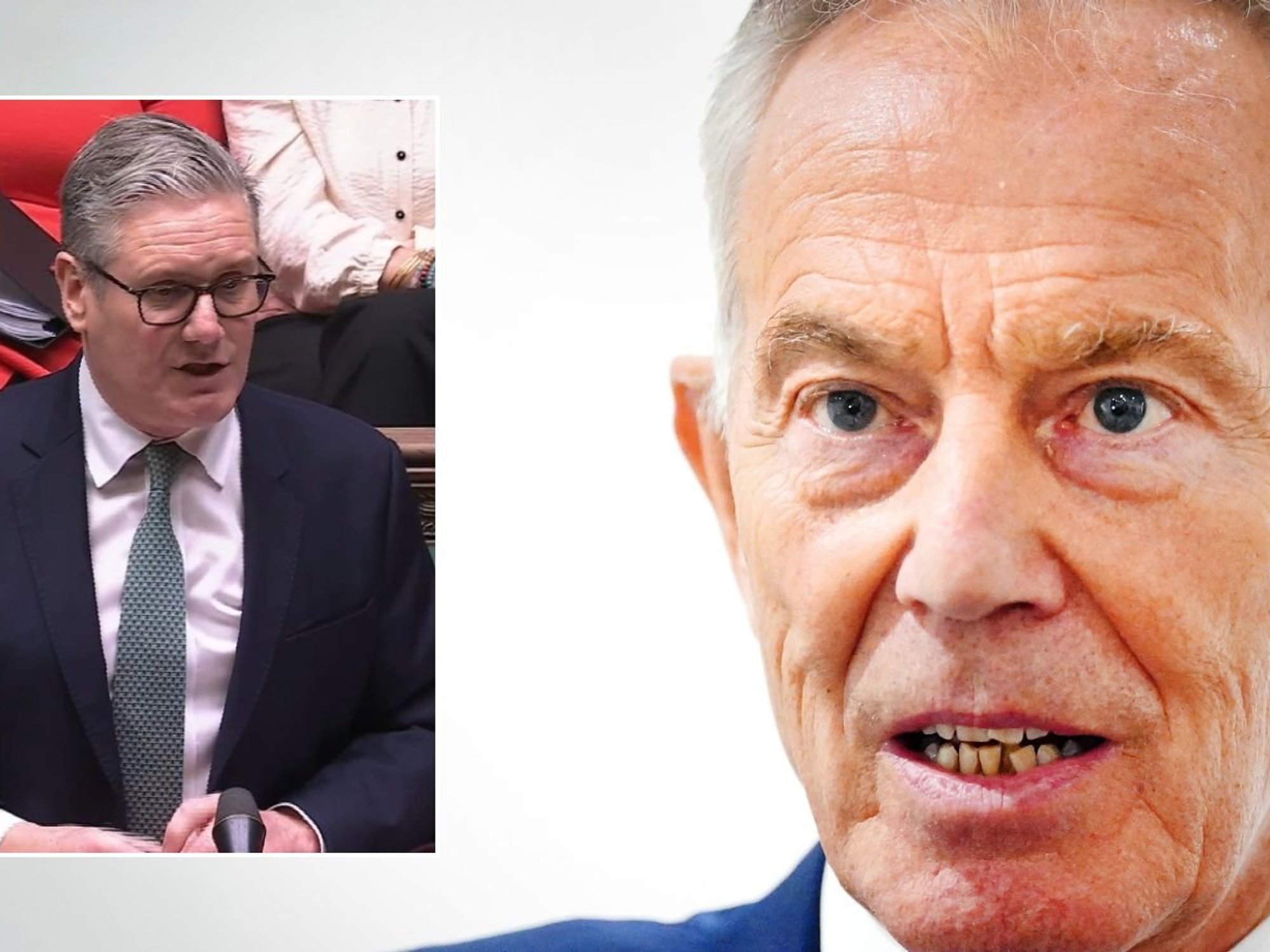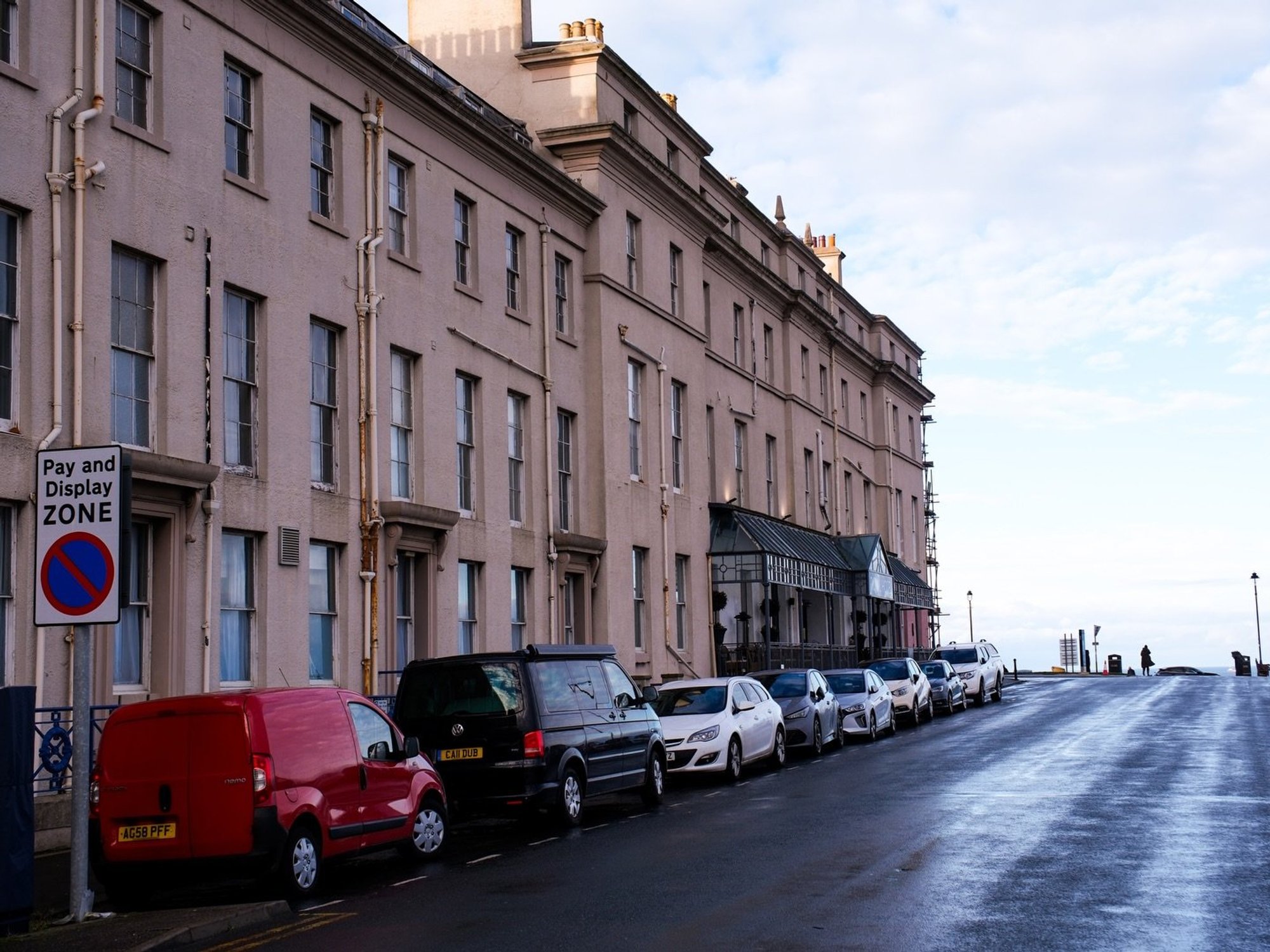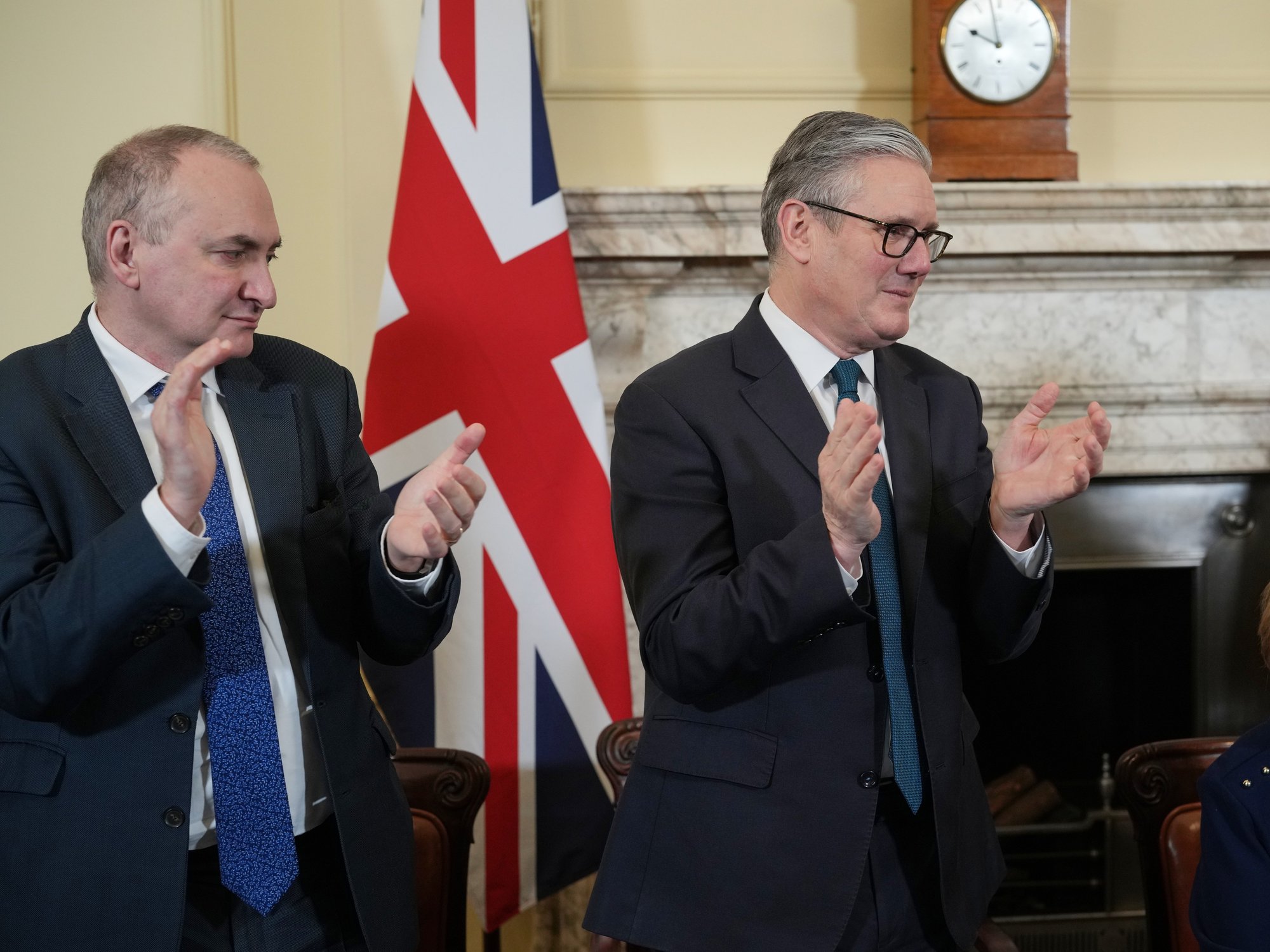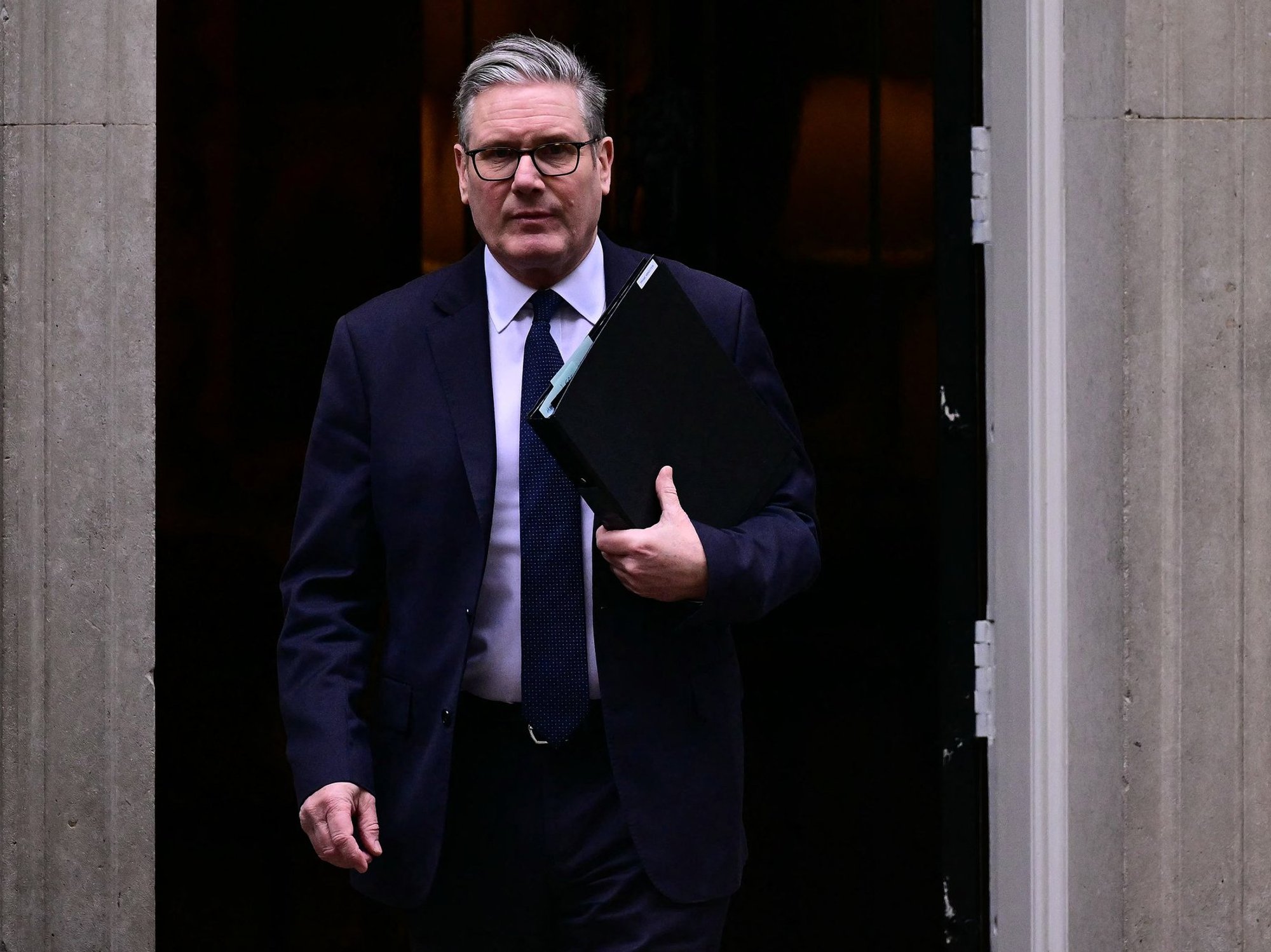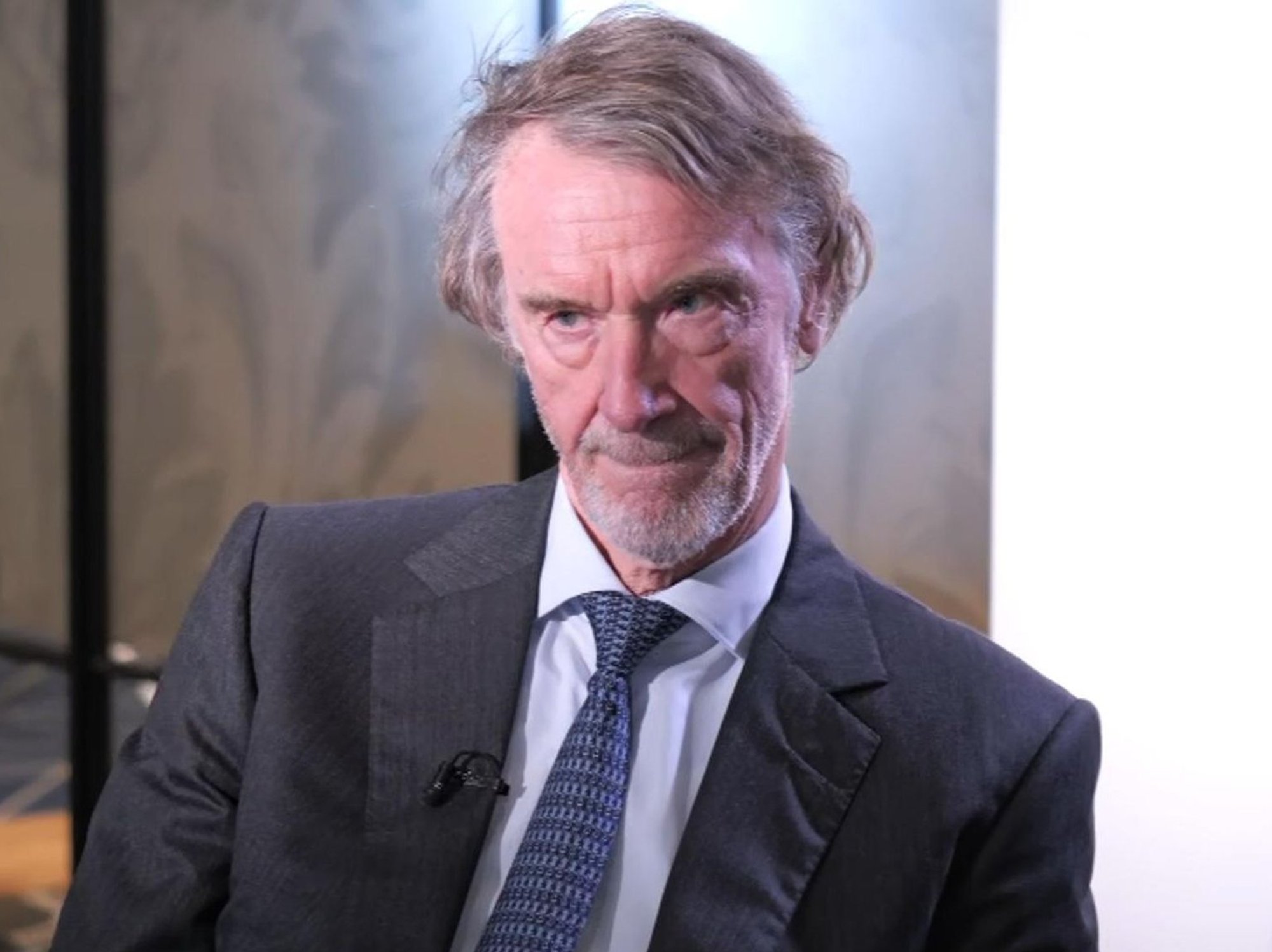The fall of Sarah Ferguson just handed the Royal Family a golden opportunity - Lee Cohen
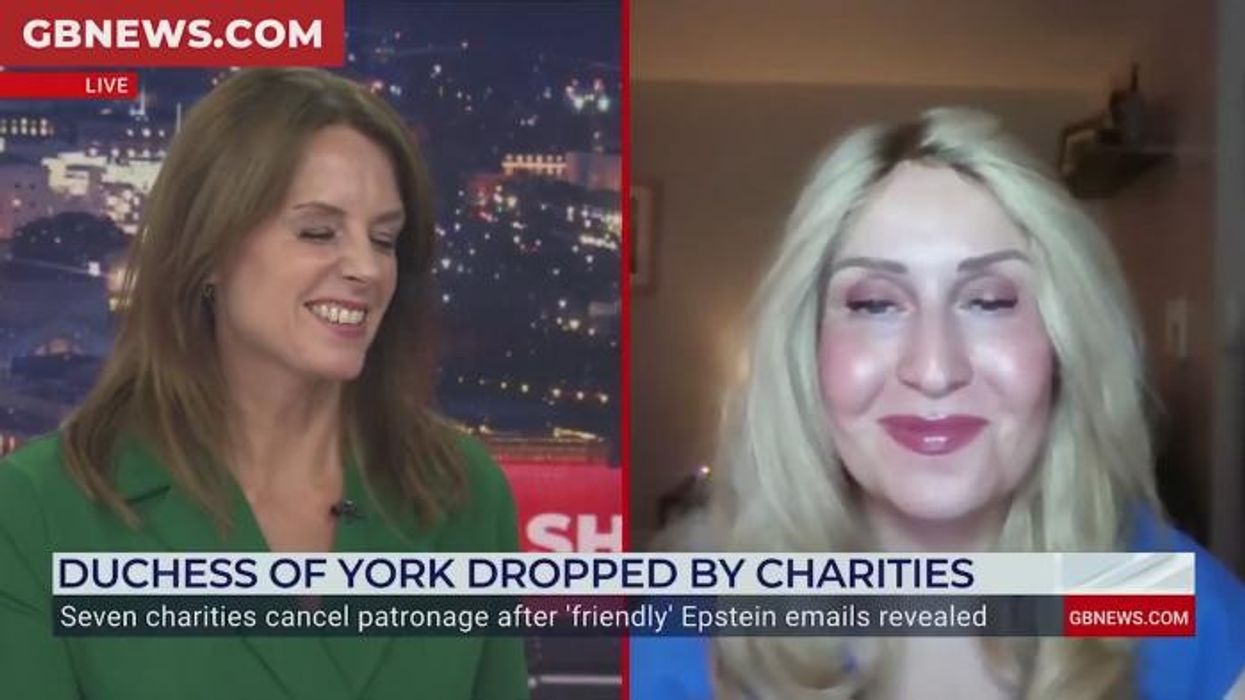
Royal Broadcaster Sarah-Louise Robertson says Sarah Ferguson is 'finished' |
GB
The monarchy should sever ties with the Yorks and the Sussexes, writes US columnist Lee Cohen
Don't Miss
Most Read
Trending on GB News
For an institution that relies heavily on public goodwill, the British monarchy cannot afford to be held hostage by irresponsible, self-serving members.
The reputational damage caused by the Duke and Duchess of York, and the Duke and Duchess of Sussex, has become a corrosive force—eroding support, distracting from the monarchy’s core mission, and causing the public to question its soundness.
Charities, once among the most loyal allies of royal figures, have cut ties with Sarah, Duchess of York. Why hasn’t the monarchy done the same, and with the Montecito maurauders as well?
A recent YouGov poll from August 2025 shows the gravity of the situation. Among 18–24-year-olds, only 30 per cent support retaining the monarchy, while 34 per cent would prefer an elected head of state. Just a decade ago, youth support hovered around 72 per cent.
The decline is stark, and it’s not hard to see why. In an era demanding transparency, integrity, and relevance, the monarchy is struggling to distance itself from scandal, entitlement, and betrayal.
Sarah Ferguson has once again thrown gasoline on the flames of controversy. Recently leaked emails showed her praising convicted sex offender Jeffrey Epstein, even after his criminal past was well known.
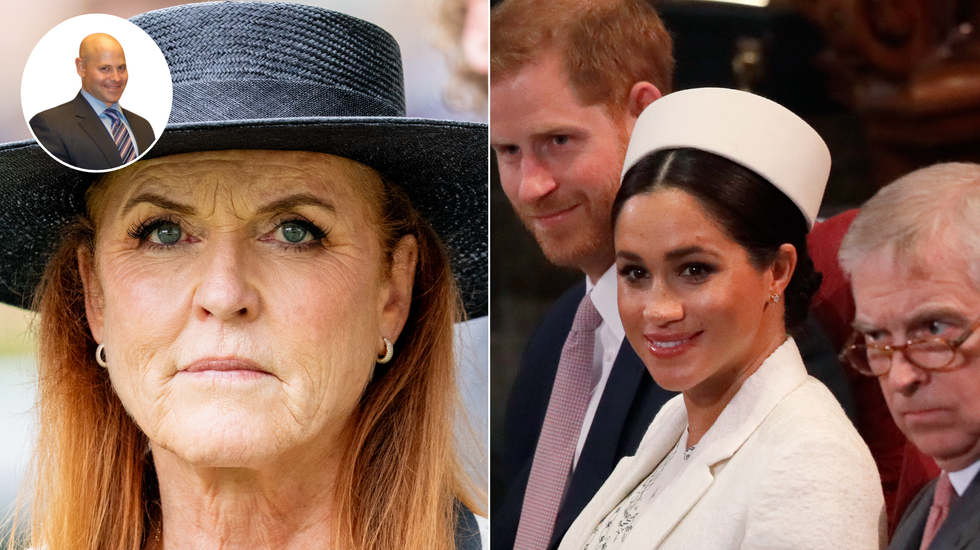
The fall of Sarah Ferguson just handed the Royal Family a golden opportunity - Lee Cohen
|Getty Images
These revelations have prompted charities—particularly those that support children and vulnerable individuals—to sever all ties.
This is not an isolated misstep, but the culmination of a long trail of questionable conduct: cash-for-access schemes, tone-deaf interviews, and the persistent perception that the Yorks have monetised royal connections for personal gain.
Their continued residence at Royal Lodge, long after Prince Andrew’s forced withdrawal from public duties, adds insult to injury. It sends the wrong message: that proximity to royal privilege shields one from consequences.
While the Yorks’ misjudgments may not be driven by malice, their effect is nonetheless corrosive—particularly at a time when public faith in the institution is faltering. Charities have responded decisively. Why hasn’t the Crown?
If the Yorks are a liability due to their ineptitude, the Sussexes are a threat because of their intent. Their departure from royal duties might have been understandable had they done so quietly.
Instead, they chose spectacle over discretion, grievance over gratitude. The final years of Queen Elizabeth II and Prince Philip were marred by attacks and thinly veiled accusations from Harry and Meghan—interviews, documentaries, books—each designed to burn bridges and extract maximum attention.
Any entertainment of Harry’s returning to public service in Britain should be immediately extinguished. He’s shown himself to be dangerous and untrustworthy.
In fact, the mother of fallen soldier Pat Tillman and thousands of others objected to Harry being awarded an honour in Tillman’s name because she observed Harry was too "controversial and divisive”.
The Sussexes' actions have not only commercialised their royal past but also weaponised it. Faux royal tours, private meetings framed as official duties, and self-pitying narratives have overshadowed the real work of the monarchy.
It’s not reform they’re after—it’s relevance and revenue, built on undermining the very institution that gave them a platform.
Taken together, the damage from the Yorks and Sussexes forms a perfect storm. One family exploits the past through clumsy opportunism; the other through calculated sabotage.
The result? Public trust is diminishing, particularly among younger generations. The monarchy’s focus is diverted from meaningful work—such as King Charles III’s environmental advocacy or the Prince of Wales’s campaigns on homelessness and mental health—to damage control.
While outside organisations act swiftly to protect their reputations, the Royal Family remains overly cautious, perhaps clinging to hopes of reconciliation.
But misplaced loyalty and quiet diplomacy are no longer enough. These controversies aren’t just sideshows—they threaten the monarchy’s very legitimacy.
The Royal Family should now put self-preservation over sentiment. That means formal, public distancing: revoking titles where possible, removing references from official websites, and excluding the Yorks from royal events and occasions.
This isn’t cruelty — it’s stewardship. The Crown belongs not just to the Windsors, but to the nation it represents. Protecting it requires drawing clear lines.
The late beloved Queen was known for her sense of duty and her ability to rise above personal grievances.
Honouring that legacy means defending the institution she upheld, not enabling those who undermine it.
The British monarchy has endured for centuries not by accident, but through adaptation. In the 21st century, that means shedding those who cause more harm than good.
By decisively removing the Yorks and Sussexes, the King can restore focus, regain public confidence, and pave the way for a stronger and more respected monarchy.
More From GB News





